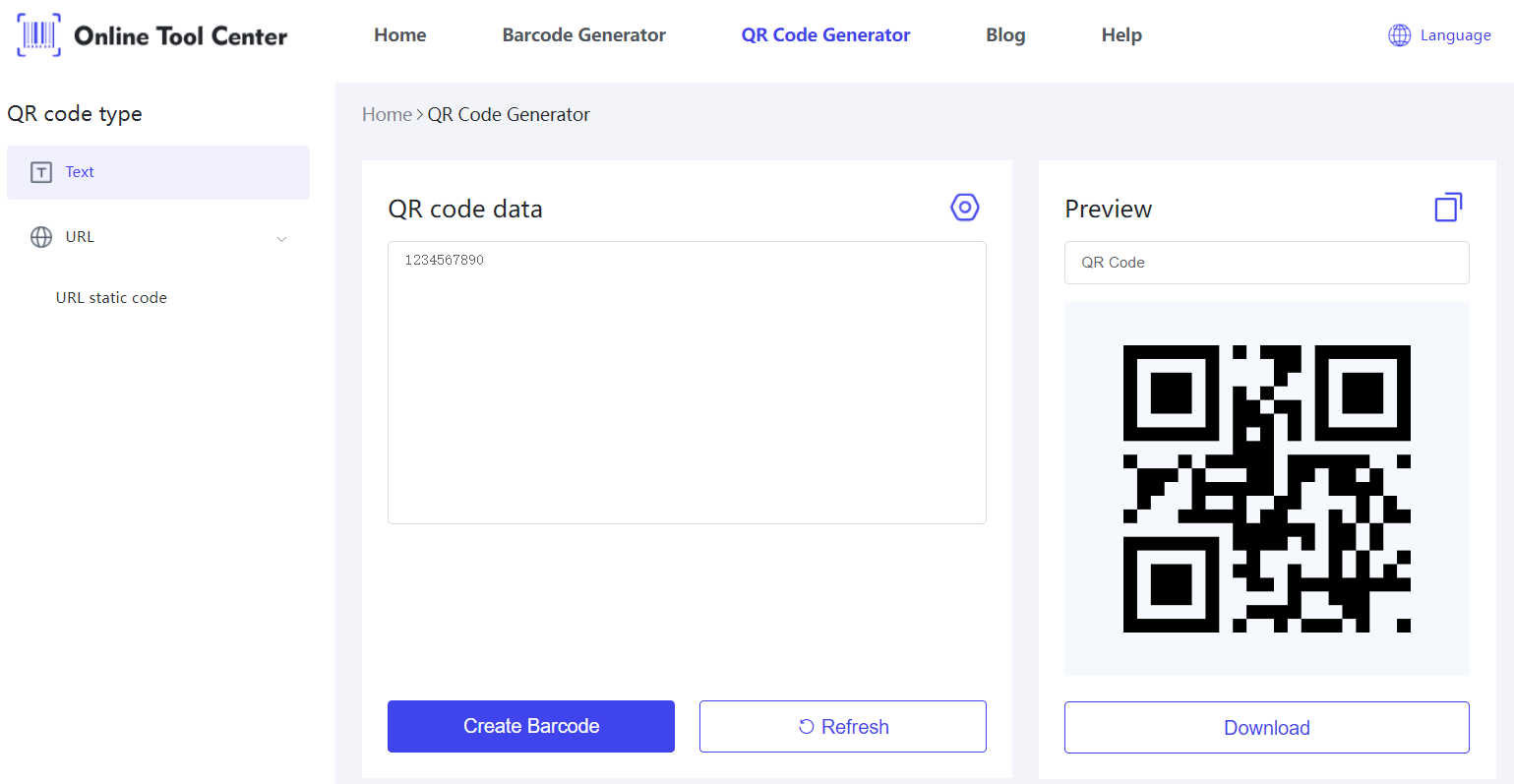QR codes have become a cornerstone of modern retail marketing strategies due to their versatility and efficiency in connecting the physical and digital worlds. These two-dimensional barcodes can be scanned using smartphones, leading to a variety of marketing, sales, and customer service applications.
What is a Retail QR Code?
A retail QR code refers to the use of QR technology specifically designed for retail purposes. These codes can direct customers to websites, product information, coupons, and more, just by a simple scan. The integration of QR codes into retail not only enriches the customer experience but also enhances the effectiveness of marketing and operational strategies.
Types of QR Codes Used in Retail
1. Static vs. Dynamic QR Codes
Static QR codes contain fixed information, which means once they are created, the data embedded in the QR code cannot be changed. In contrast, dynamic QR codes are more flexible and allow the retailer to update the URL or other data without changing the QR code itself, making them ideal for long-term campaigns.
2. Custom QR Codes for Branding
Retailers are increasingly customizing QR codes with logos, colors, and designs that reflect their brand identity. These custom codes are not only more visually appealing but also enhance brand recognition and customer trust.
Advantages of Implementing QR Code Retail
1. Enhancing Customer Engagement
QR codes can provide customers with instant access to detailed product information, tutorials, and reviews, significantly enhancing their shopping experience.
2. Streamlining Transactions and Inventory Management
Incorporating QR codes can speed up the checkout process and integrate smoothly with mobile payment systems. They are also instrumental in tracking inventory accurately and efficiently.
3. Facilitating Loyalty Programs and Personalized Marketing
QR codes can be used to register customers in loyalty programs effortlessly, providing personalized marketing directly to their mobile devices based on their purchase history and preferences.
How Retailers Are Using QR Codes?
1. In-Store Applications
Retailers use QR codes in-store to offer quick access to detailed product descriptions and user reviews, integrate with mobile payment options, and promote digital coupons and special promotions directly to the customer’s smartphone.
2. Beyond the Store: Expanding Customer Reach
Outside the traditional store setting, QR codes find their place in outdoor advertising, event marketing, and even in creating virtual stores and digital showrooms, helping to expand the market reach and influence of retail brands.
Best Practices for Implementing QR Codes in Retail
1. Design and Placement
Effective QR code campaigns require thoughtful design and strategic placement to ensure maximum visibility and ease of scanning. Retailers must consider the size, contrasting colors, and customization options to align with their branding.
2. Security Considerations
Ensuring the security of QR codes is crucial to protect consumer data and maintain trust. Retailers should implement measures to prevent tampering and misuse of QR code scans, promoting a safe user experience.
Case Studies: Success Stories of QR Code in Retail
Target's Interactive In-Store Campaigns: Target has adeptly incorporated QR codes into its marketing strategy by placing them alongside products.
Shoppers scanning these codes can instantly access product reviews, detailed information, and related videos right on their smartphones.
This approach not only enhances the shopping experience but also aids in informed decision-making, leading to higher customer satisfaction and increased sales.
Generating QR Codes for Your Retail Business
1. Choosing a Free QR Code Generator
When selecting a QR code generator, it is essential to choose one that offers reliability, ease of use, and features that meet the specific needs of your retail business. Onlinetoolcenter.com provides a user-friendly and free QR code generator.

2. Creating and Testing QR Codes
To create effective QR codes, retailers must consider aspects such as design, content, and comprehensive testing with a barcode scanner to ensure functionality across different devices and conditions.
By using a barcode scanner during the testing phase, retailers can verify that the QR codes are easily scannable and lead to the correct online destinations.
In summary, the integration of QR codes into retail operations offers a range of benefits from enhanced customer interaction to improved efficiency in transactions and inventory management.
Retailers who adopt this technology are well-positioned to stay competitive in an increasingly digital marketplace.
Start creating QR codes for your retail business today at onlinetoolcenter.com with our free QR Code generator.
FAQs
1. How do I get a QR code for my small business?
To obtain a QR code for your small business, you can easily generate one through an online QR code generator.
You need to input the URL or information you want your retail QR code to direct to, such as a promotional page, contact details, or a digital menu.
Once you input the desired information, the platform will create a QR code that you can download and integrate into your marketing materials.
2. Are QR codes cost-effective for small retailers?
Yes, QR codes are a low-cost marketing tool that offers a high return on investment.
3. Can QR codes be used to track inventory in retail?
Absolutely, QR codes can help manage inventory more efficiently by providing real-time data.
4. How do consumers scan QR codes, and what do they need?
Consumers need a smartphone with a camera and a QR code scanning app to interact with QR codes.





